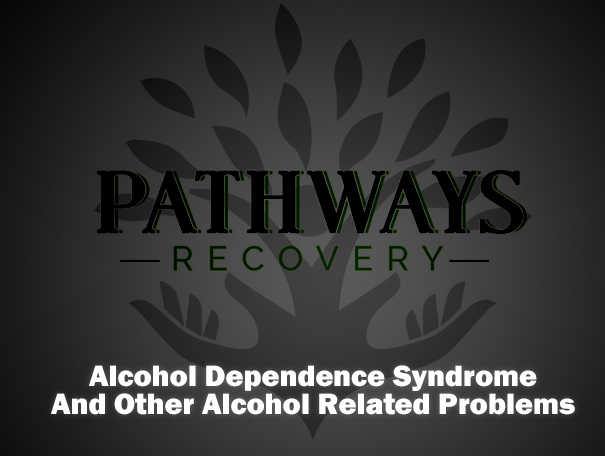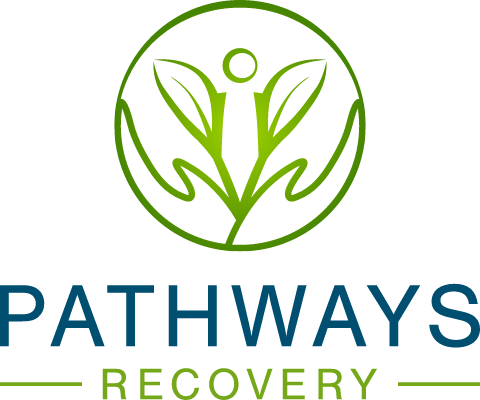Alcohol dependence syndrome is mental or physical dependence on drinking. Alcohol problems affect more than 16.3 million adults across the nation. People who can recognize the symptoms of alcohol dependence syndrome and similar issues can potentially save themselves and their family members from physical, mental, and social health problems. They may also be able to curtail the situation before a loved one becomes debilitated by alcohol use.
There are a variety of disorders associated with the excessive use of alcohol. Since the terms are so often misused, there’s quite a bit of confusion about the differences between them. Many people mistake alcohol abuse for alcohol dependency or alcoholism. Abuse is defined as drinking too much and/or too often. Dependency is the inability to quit. Both conditions are serious, but not being able to stop poses a bigger issue and a greater risk to the drinker. If you are not sure where you or your loved one fits in try our alcohol abuse quiz.
Symptoms Of Alcohol Dependence Syndrome
Before it can be fixed, alcoholism must be noticed. There are several things to look for if you suspect someone is alcohol dependent:
- Blood Alcohol Level – Developing a pattern to maintain one’s blood alcohol level. People who are dependent on alcohol will start to drink at the same time every day. The point is to remain intoxicated as much as possible and avoid any symptoms of withdrawal.
- Prioritizing Alcohol – For addicts, the consumption of alcohol will take precedence over their wellbeing. No matter what condition their bodies or lives are in, drinking will be more important.
- Increased Tolerance – The more someone consumes alcohol, the higher the resistance to the effects. A noticeable increase in the amount someone is drinking could be cause for concern.
- Signs of Withdrawal – When the concentration of alcohol in the blood lowers, it can trigger some unpleasant side effects. Tremors, nausea, sweating, itching, muscle cramps, hallucinations, and even seizures can occur. Two to three days after cessation, the individual can experience even more severe symptoms from delirium tremens.
- Drinking at Strange Hours – Consuming alcohol at random times to stop or prevent withdrawal symptoms is called relief drinking. Some people will wake up in the middle of the night to drink or start with alcohol first thing in the morning.
The Consequences Of Alcohol Dependency
Routine and excessive consumption of alcohol wreaks havoc on the body. The longer that someone is dependent on alcohol, the worse the side effects become. Some of the results are irreversible and even potentially deadly.
Physical Repercussions
Alcohol addicts suffer from neurological, gastrointestinal, liver, cardiac, and skin conditions, among others. One of the most prominent risks is brain damage. The deterioration is both structural and functional, and it can lead to chemical imbalances and cognitive issues. Alcohol also increases the risk of several types of cancer—mouth, throat, and liver cancer are the most common, but it has also been linked to breast cancer.
Someone dependent on alcohol will likely have a damaged heart too. Hypoglycemia, myopathy, arrhythmias, and even cardiac failure can occur. These problems become more dangerous in older individuals, especially if they combine other poor habits such as smoking.
Mental Health Effects
Alcohol works as a depressant and can strongly alter chemistry in the brain. People who become dependent are at risk for a variety of mental health issues. Depression and anxiety are the most common, but mania, hallucinosis, and “blackouts” are recognized as well. There’s a high prevalence of alcohol use found in those who commit suicide as well, presenting a 7% lifetime risk for the addict.
Social Consequences
The most prominent social problem with alcohol dependence is traffic accidents; sufferers are often unable to access when they should and shouldn’t drive. People who drive under the influence are far more likely to wreck, and many accidents involve fatalities. Even without an accident, a DUI or DWI can affect work and social interactions. Other incidents can happen at home. Dependency on alcohol boosts the chances of violence, child abuse, homicide, and general crime.
Alcohol abuse damages personal relationships as well. Divorce can be a result of alcohol addiction, both from the psychological changes that occur and poor decisions like infidelity. It’s not uncommon for people to lose friends in direct relation to their behavior.
Occupational Dangers
High-stress jobs like this are more likely to lead to alcohol abuse. With alcohol dependency syndrome, the individual’s performance can suffer greatly. He or she may be unable to focus because of withdrawal symptoms or simply because of the “urge” to go home and drink. Alcohol dependence syndrome should be treated as early as possible to increase the likelihood of long-term success. If you are a man or know a man that would benefit from treatment for alcohol dependence from a facility such as Pathways Recovery in Sacramento, CA, then give us a call today at 916-735-8377.


